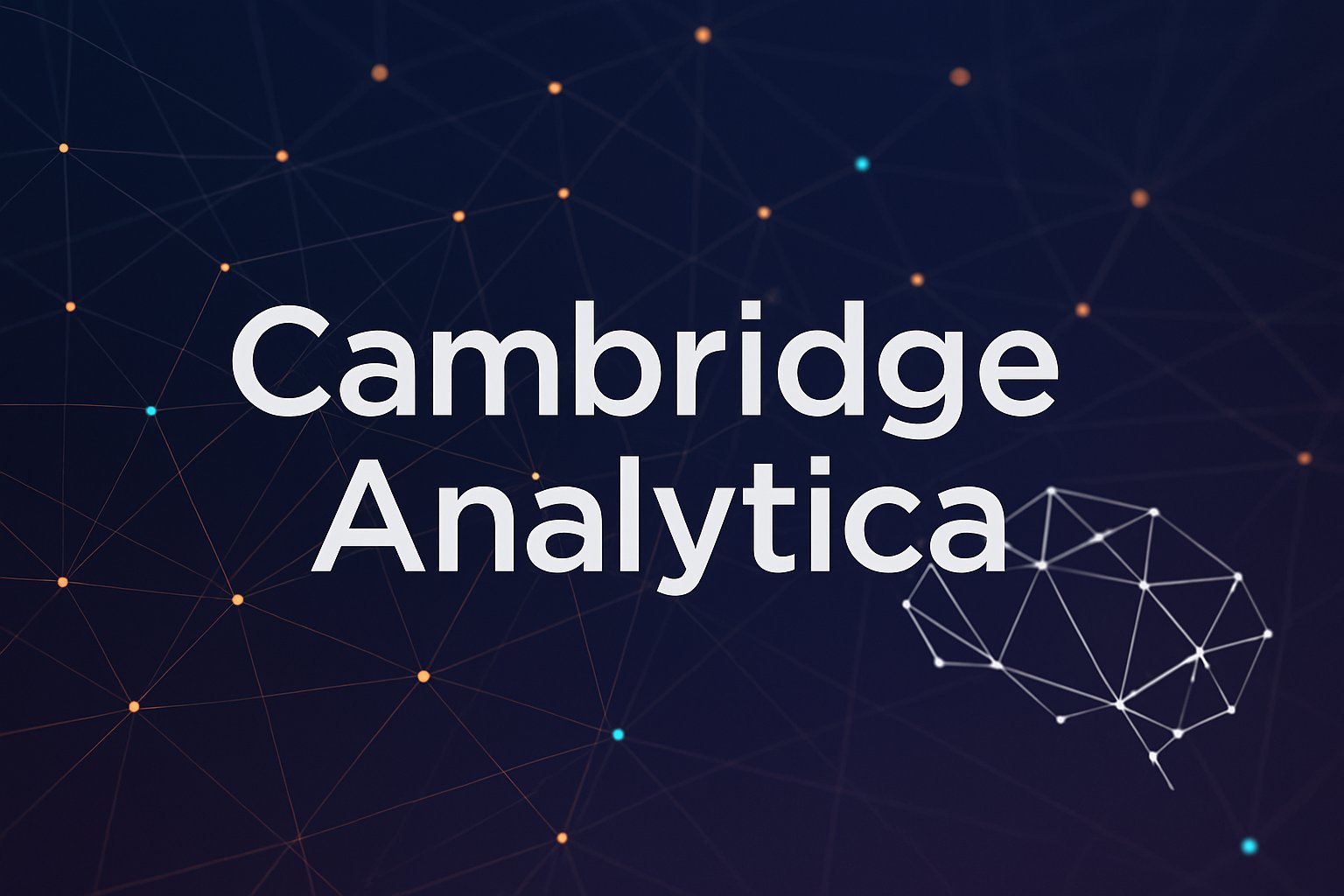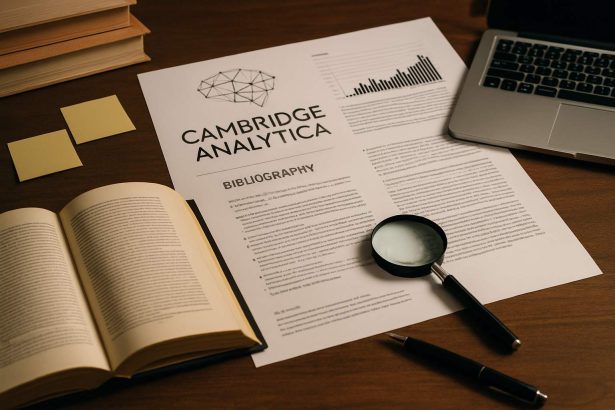Understanding how a political data company exposed the scale of data collection and microtargeting on social media — and why its legacy still shapes our digital lives today.
- The beginning: data as a promise for politics
- How the scandal broke
- Who exactly was Cambridge Analytica?
- How microtargeting works
- Why the scandal changed the Internet
- Political, legal, and economic consequences
- What it teaches us about digital citizenship
- How to protect your data (quick guide)
- Frequently asked questions
- The real legacy
The beginning: data as a promise for politics
At its core, Cambridge Analytica presented itself as a political consulting firm that could optimize campaigns through massive data analysis.
The concept seemed simple: gather digital signals (likes, interests, demographics), build detailed profiles, then deliver tailored messages.
In marketing, this is called segmentation and personalization. In the civic sphere, it meant the ability to influence public opinion on a large scale,
often without transparency or informed consent.
How the scandal broke
The controversy exploded when revelations showed that data from millions of users of a major social platform had been harvested via a third-party app.
The app appeared harmless — marketed as an academic personality quiz. In reality, it not only collected data from users who installed it,
but also from their friends, resulting in tens of millions of profiles scraped without consent.
These datasets were then exploited to build psychographic models and orchestrate highly targeted political campaigns.
Whistleblowers, investigative journalists, and data regulators uncovered a complex chain of responsibility:
app developers, data brokers, platforms, political advertisers, and consultants.
Who exactly was Cambridge Analytica?
Cambridge Analytica was born from the world of political marketing and data analysis, linked to the larger SCL Group.
Its mission: apply digital advertising and data science techniques to electoral campaigns.
The company claimed it could measure personality traits, identify undecided voters, and deliver emotionally resonant messages to sway them.
Beyond the infamous brand name, Cambridge Analytica represented an entire ecosystem of political data operations relying on profiling,
microtargeting, and continuous testing to refine slogans, visuals, tone, and timing.
How microtargeting works
Microtargeting means slicing a population into highly specific subgroups (age, location, interests, behaviors) to deliver different messages to each.
The process includes:
- Collection: capturing signals (clicks, likes, follows, watch time, forms, cookies) through platforms, apps, and partners.
- Unification: matching data from multiple sources to create a “360-degree” profile of a user or household.
- Modeling: algorithms estimating how likely someone is to react to a message (vote, donate, share).
- Activation: targeted ads, direct messages, sponsored posts, creative variations tested in real time.
- Measurement: analyzing performance (reach, conversions, attitude shifts) to reallocate budget efficiently.
In e-commerce, this is standard practice. But applied to democracy, it raises ethical questions:
one voter may see a promise that another never does, fragmenting the collective conversation and making it more opaque — and more manipulable.
Why the scandal changed the Internet
The case served as a global wake-up call. It exposed the vulnerability of data architectures, the lack of oversight on third-party developers,
and the difficulty for citizens to know where their information flows. The takeaway: even a simple “like” could reveal more than imagined
and be weaponized in an election.
For the tech industry, this was a before-and-after moment: stronger audits, restricted APIs, new privacy dashboards, data breach notifications,
and more powerful regulators. Platforms were forced to rethink data access, tighten conditions for apps, and communicate more openly about advertising practices.
Political, legal, and economic consequences
Politically, the scandal reignited debates about campaign fairness, transparency in advertising, and the integrity of information.
Legally, multiple investigations and lawsuits explored the responsibilities of those involved.
Economically, platforms faced user distrust, reputational damage, and significant financial repercussions in stock value and advertising.
The principle of accountability in handling personal data has since become a strategic imperative, not just a compliance issue.
What it teaches us about digital citizenship
Cambridge Analytica reminds us that citizenship in the platform age requires a basic understanding of algorithms and ads.
Staying informed, checking sources, diversifying news, and questioning why we see certain content are now civic skills.
Protecting privacy and attention is a form of personal sovereignty in today’s information landscape.
How to protect your data (quick guide)
- Adjust privacy settings on social platforms (who can see your posts, friend lists, personal info).
- Limit app permissions (contacts, camera, location) to essentials and revoke unused access regularly.
- Avoid “Login with…” options unless necessary; create dedicated accounts with a password manager.
- Block ad tracking where possible (phone settings, browsers, anti-tracking extensions).
- Delete unused apps and periodically audit games/quizzes that exploit profiles.
- Be cautious of personality tests or fun quizzes requesting access to your contacts or messages.
- Read summaries of privacy policies before accepting (even if briefly).
Frequently asked questions
Is it legal to use data for political advertising?
It depends on the country. Transparency, consent, legitimate purpose, and security are central requirements.
Regulators now monitor political advertising closely, and platforms enforce stricter internal policies.
Does microtargeting still exist today?
Yes, but under tighter controls. Platforms have restricted sensitive targeting criteria, but personalization remains a core business model.
Vigilance about where data comes from and how it is used is still essential.
What is meant by the “Cambridge Analytica effect”?
It describes the collective realization of data’s power over opinion.
It pushed tech companies to reform policies and citizens to demand more transparency and control.
The real legacy
The Cambridge Analytica scandal acted as a spotlight. It revealed that the architecture of the Internet is not neutral:
what we see is filtered by intermediaries, algorithms, and economic incentives.
By exposing practices that had been technical and hidden, it gave the public power: the right to demand safeguards, the right to understand, the right to refuse.
That power exists not only in laws, but also in our daily choices of tools, settings, and habits.







